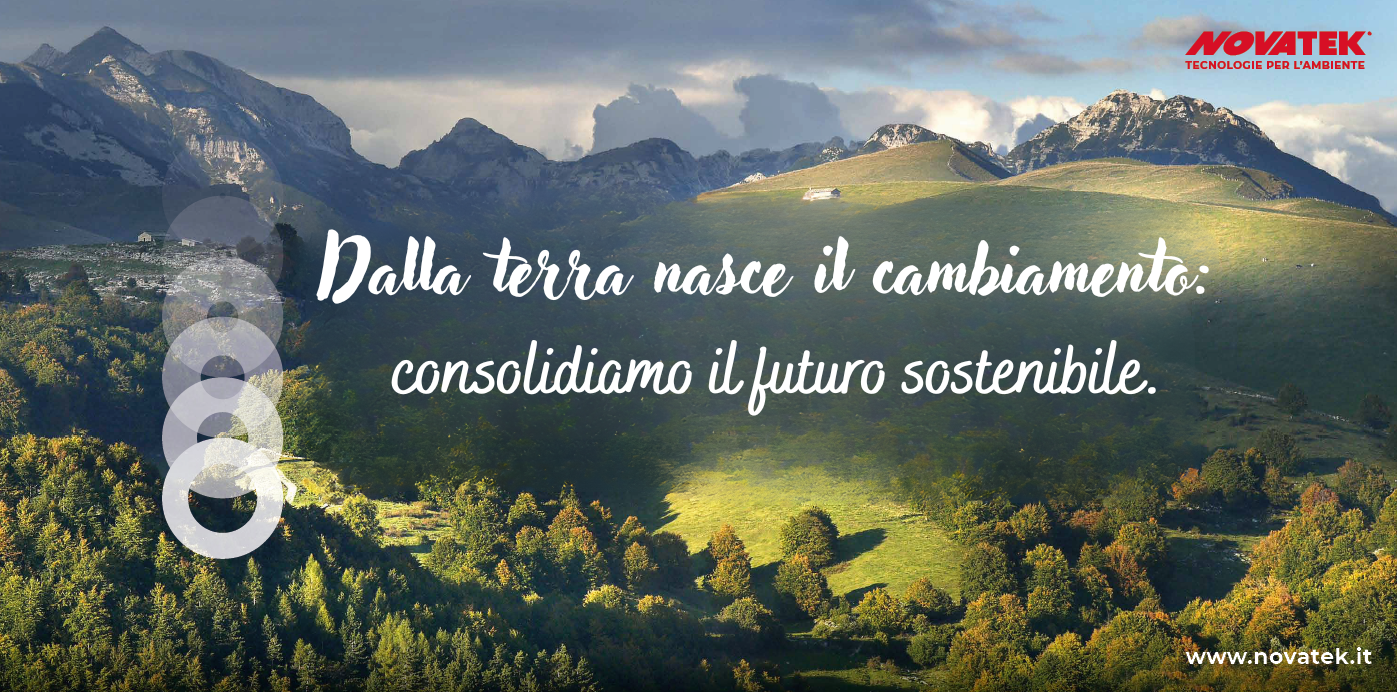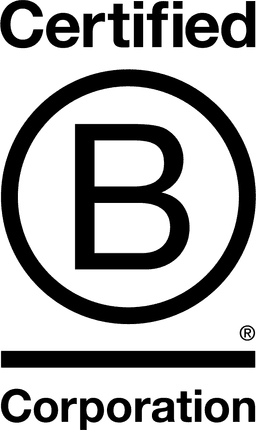

NOVATEK SRL SB

1.6
Province of Verona, Italy
June 2025
Other install & construction
Service with Significant Environmental Footprint
Austria,
Belgium,
France,
Germany,
Italy,
Latvia,
Netherlands The,
Portugal,
Slovenia,
Spain,
Switzerland
Since 1996, Novatek Srl has been developing advanced engineering and technology solutions with a focus on innovation, quality, and environmental responsibility. Backed by strong technical expertise and a forward-looking approach, the company works internationally on a wide range of building types—both public and private—acting either independently or as general contractor. Its core activities include geothermal systems and advanced techniques for building stabilization and lifting, supported by continuous research and development. Aligned with the principles of the circular economy and committed to the goal of Nearly Zero Energy Buildings (NZEB)—a vision long embraced by founder Renato Canteri—Novatek delivers efficient, sustainable solutions that drive the ecological transition and contribute to a more responsible built environment.
Overall B Impact Score
Governance 15.6
Governance evaluates a company's overall mission, engagement around its social/environmental impact, ethics, and transparency. This section also evaluates the ability of a company to protect their mission and formally consider stakeholders in decision making through their corporate structure (e.g. benefit corporation) or corporate governing documents.
What is this? A company with an Impact Business Model is intentionally designed to create a specific positive outcome for one of its stakeholders - such as workers, community, environment, or customers.
Workers 26.4
Workers evaluates a company’s contributions to its employees’ financial security, health & safety, wellness, career development, and engagement & satisfaction. In addition, this section recognizes business models designed to benefit workers, such as companies that are at least 40% owned by non-executive employees and those that have workforce development programs to support individuals with barriers to employment.
Community 14.0
Community evaluates a company’s engagement with and impact on the communities in which it operates, hires from, and sources from. Topics include diversity, equity & inclusion, economic impact, civic engagement, charitable giving, and supply chain management. In addition, this section recognizes business models that are designed to address specific community-oriented problems, such as poverty alleviation through fair trade sourcing or distribution via microenterprises, producer cooperative models, locally focused economic development, and formal charitable giving commitments.
Environment 33.8
Environment evaluates a company’s overall environmental management practices as well as its impact on the air, climate, water, land, and biodiversity. This includes the direct impact of a company’s operations and, when applicable its supply chain and distribution channels. This section also recognizes companies with environmentally innovative production processes and those that sell products or services that have a positive environmental impact. Some examples might include products and services that create renewable energy, reduce consumption or waste, conserve land or wildlife, provide less toxic alternatives to the market, or educate people about environmental problems.
What is this? A company with an Impact Business Model is intentionally designed to create a specific positive outcome for one of its stakeholders - such as workers, community, environment, or customers.
Customers 3.1
Customers evaluates a company’s stewardship of its customers through the quality of its products and services, ethical marketing, data privacy and security, and feedback channels. In addition, this section recognizes products or services that are designed to address a particular social problem for or through its customers, such as health or educational products, arts & media products, serving underserved customers/clients, and services that improve the social impact of other businesses or organizations.